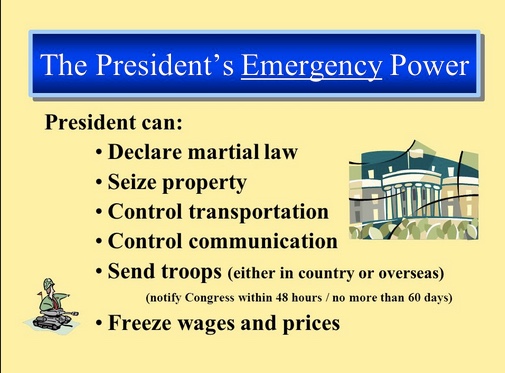The past few weeks have given Americans a crash course in the powers that federal, state and local governments wield during emergencies. We’ve seen businesses closed down, citizens quarantined and travel restricted. When President Trump declared emergencies on March 13 under both the Stafford Act and the National Emergencies Act, he boasted, “I have the right to do a lot of things that people don’t even know about.”
The president is right. Some of the most potent emergency powers at his disposal are likely ones we can’t know about, because they are not contained in any publicly available laws. Instead, they are set forth in classified documents known as “presidential emergency action documents.”
These documents consist of draft proclamations, executive orders and proposals for legislation that can be quickly deployed to assert broad presidential authority in a range of worst-case scenarios. They are one of the government’s best-kept secrets. No presidential emergency action document has ever been released or even leaked. And it appears that none has ever been invoked.
Given the real possibility that these documents could make their first appearance in the coronavirus crisis, Congress should insist on having full access to them to ensure that they are consistent with the Constitution and basic principles of democracy.




